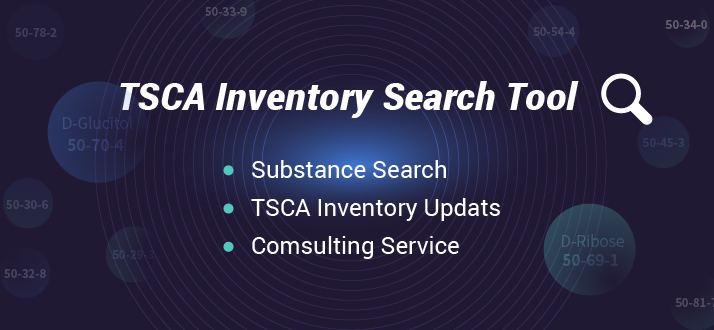Updates on Restrictions of Bisphenol A, DecaBDE and PFOA and Two Opinions for Authorisation
According to the news released by ECHA on 15 September, 2015, SEAC has concluded on restriction proposals of three substances including Bisphenol A, DecaBDE and PFOA and formed two opinions for authorization concerning the use of trichloroethylene and lead chromate under specified circumstances.
Public Consultation on the Proposed Restriction of Bisphenol A (4,4′-isopropylidenediphenol, BPA)
SEAC agreed its draft opinion on the French proposal to restrict the placing on the market of thermal paper containing Bisphenol A (e.g. point of sale tickets and receipts). SEAC didn’t think that the proposed restriction would greatly affect the economic efficiency but rather may have favorable distributional and affordability considerations. RAC also pointed out in June that the risk for workers (e.g. cashiers) handling thermal paper is not adequately controlled, and supported the French proposal to restrict the placing on the market of thermal paper containing Bisphenol A.
The 60-day public consultation on the SEAC draft opinion will be launched in September 2015. SEAC plans to adopt its final opinion in December 2015.
Adoption of the Restriction Proposal on DecaBDE (bis(pentabromophenyl)ether)
SEAC adopted its final opinion on the proposal from ECHA to restrict the use of DecaBDE as a flame retardant in plastics and textiles, confirming its draft opinion of June 2015 that the proposed restriction is the most appropriate EU-wide measure, comparing its socio-economic benefits to its socio-economic costs. With the 14 comments received during the public consultation on the draft opinion agreed in June 2015 taken into consideration, SEAC supported additional derogations for military aircraft, road vehicles, and spare parts for machinery, and agricultural and forestry vehicles.
Public Consultation on the Proposed Restriction of PFOA (pentadecafluorooctanoic acid) and PFOA-Related Substances
SEAC agreed its draft opinion, in support of the proposal by Germany and Norway, to restrict the manufacture, marketing and use of PFOA, its salts and PFOA-related substances, as well as of articles and mixtures containing these substances, holding that the proposed restriction is the most appropriate EU-wide measure to address the identified risks as long as the conditions are modified to include higher concentration limits, several additional derogations and a longer transitional period.
The 60-day public consultation on the SEAC draft opinion will be launched in September 2015. SEAC plans to adopt its final opinion in December 2015.
Adoption of Two Final Opinions on the Authorization Applications
SEAC adopted the final opinion on the use of trichloroethylene in industrial parts cleaning by vapour degreasing in closed systems where specific requirements (system of use-parameters) exist. Meanwhile, the final opinion on the industrial use of lead chromate in manufacture of pyrotechnical delay devices contained in ammunition for naval self-protection was adopted by SEAC as well.
According to the REACH Regulation (Article 85(4)), SEAC appointed four co-opted members. The co-opted SEAC-members will be tasked with evaluating of applications for authorization to support SEAC during the peak of applications foreseen in 2016.
REACH24H experts see from the above-mentioned updates an increasing attention paid to other aspects of REACH implementation rather than the sole focus on registration. Various related companies shall attach due importance to fulfilling other regulatory obligations such as authorization and restriction under EU REACH with a better understanding of their own products and downstream uses. As the EU authority steps up supervision, it can be foreseen that companies will not only face huge fines but also may lose the entire EU market for any violation.
